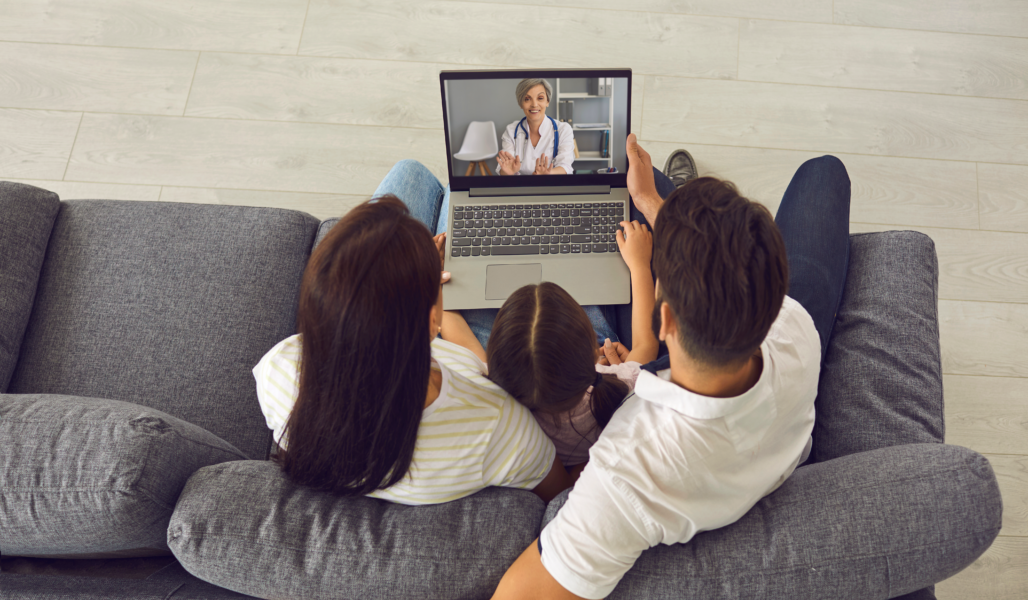
TexLa Telehealth Resource Center, in partnership with Well-Ahead Louisiana’s State Office of Rural Health, has increased the capacity of Rural Health Clinics to offer telehealth visits and provide a new way for patients to access care during the COVID-19 pandemic.
Loranger is a small, rural town in Southeast Louisiana. Though there are only 7,200 residents, they have high rates of chronic diseases, including diabetes and hypertension. Family Healthcare of Loranger is a Rural Health Clinic that helps to address those needs of residents, as well as providing well visits (adult and pediatric), vaccines, lab draws and, most recently, COVID-19 testing.
In early 2020, Family Healthcare was not providing any telehealth services. After the pandemic began, the clinic sought guidance on how they could utilize telehealth to continue to provide care for their patients who were sheltering at home. Kim Manina, a nurse practitioner at Family Healthcare, attended weekly calls and two telehealth billing webinars provided by Well-Ahead in March and April. Through those services, Kim was able to learn about and keep up with frequent changes to the telehealth regulatory and billing guidelines.
Kim was especially concerned about the older population that lacked both access to and technological literacy to use audio-visual platforms. She learned on one of the Well-Ahead calls that the clinic could provide some services using only audio, and she was able to connect with many more patients to help them manage their chronic conditions without risking further exposure to COVID-19. Kim also learned from the Well-Ahead webinars how to appropriately code and bill for these services, and even came up with new ideas about the types of patients who could benefit from expanded telehealth services.
Family Healthcare of Loranger now provides many services via telehealth, both audio-visual and audio-only. The clinic is doing follow-up visits and monthly visits with chronic disease patients virtually to avoid patients having to come in to the clinic. Many well visits, primary care visits and minor illness visits (such as sore throats) are handled virtually.
In the end, Kim said “just checking in with [the rural health clinics] in these challenging times meant a lot to us.”
